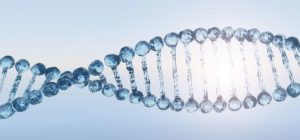Menopause comes with a number of side effects which can be avoided by steering clear of certain foods. These are the menopause foods to avoid.
RELATED: Menopause Diet | What To Eat While Going Through Menopause
In this article:
- Why Should You Avoid Certain Foods for Menopause?
- Are Soy Products Bad for Menopause?
- Is Tofu Bad for Menopause?
- Is Caffeine Bad for Menopause?
- Is Alcohol Bad for Menopause?
- Is Sugar Bad for Menopause?
- Is Dairy Bad for Menopause?
- Is Chocolate Bad for Menopause?
- Is the Keto Diet Bad for Menopause?
- Is Wine Bad for Menopause?
Which Menopause Foods to Avoid: Common Questions Answered
Why Should You Avoid Certain Foods for Menopause?
Managing a proper diet may help ease uncomfortable symptoms of menopause like declining bone density, metabolism changes, insomnia, and hot flashes. Increasing dietary intake of dairy products, for example, can help support bone health, while hot, sugary drinks can worsen discomfort during hot flashes.
Are Soy Products Bad for Menopause?
Estrogen levels naturally plummet during the menopause stage, and this can usually be remedied by taking natural alternatives to menopausal hormone treatments. Alternative soy products such as soy milk, edamame, soy sauce, and ice cream contain isoflavones which mimic the effects of estrogen in the body.
Studies done in 2012 show soy-based isoflavone supplements have the ability to decrease the intensity of hot flashes by up to 26%. While not as effective as complete hormone therapy, soy supplements are also less likely to induce severe side effects produced by hormone replacements.
Besides its isoflavone content, soy products are nutrient-dense, but low in calories and saturated fat. Other soy-based products include tempeh and miso paste which can be incorporated into soups and glazes.
What are Isoflavones? These are plant-based chemicals which act as a weak kind of estrogen. Consuming soy food products in regulation, especially in place of fatty meats, may help reduce cholesterol levels and preserve bone strength.
Is Tofu Bad for Menopause?
Tofu can make for a great meat replacement and is generally beneficial for women going through menopause and changes in their sex hormone levels. Besides being a good source of plant protein, its phytoestrogens have a similar structure to estrogen and can bind to estrogen receptors without overpowering them.
Is Caffeine Bad for Menopause?
Studies show links between caffeine and hot flashes. Night sweats and hot flashes are the most common menopausal and post-menopausal symptoms, with up to a 79% occurrence rate in perimenopausal women, and 65% in post-menopausal women.
Taking other energizing supplements, making better lifestyle choices, and exercising more may be a better alternative to consuming caffeinated drinks.
RELATED: 7 Signs That You Are In Menopause
Is Alcohol Bad for Menopause?
Alcohol decreases the body’s melatonin production, which can make it even harder for menopausal women to fall asleep. Drinking alcohol before bed is not recommended for women at this life stage.
Studies also link the regular consumption of alcohol to higher risks of experiencing hot flashes and night sweats.
Is Sugar Bad for Menopause?
During menopause, the hormones estrogen and progesterone start to decrease. This results in an increase in sugar cravings.
But, turning to simple sugars can trigger more hormone changes, mood swings, weight gain, and a higher risk for heart disease.
Instead of reaching for a sugary treat dense in calories, opt for snacks which are more nutritionally dense. Foods high in fiber and protein make you feel satiated for longer periods of time, and can even improve how your body controls glucose and insulin.
These foods include nuts and seeds, whole grain, as well as fruits and vegetables on the low end of sugar content, like berries.
Is Dairy Bad for Menopause?
Dairy is more beneficial for menopausal women. Products such as milk, cheese, and yogurt all contain calcium, potassium, phosphorus, vitamin K and D: nutrients which are crucial in preserving healthy bones.
In a study with 750 post-menopausal subjects, those who consumed more dairy had higher bone density as opposed to those who consumed less. There is also evidence of regular dairy consumption being linked to lower risks of premature menopause, a type of menopause which occurs before the age of 45.
Is Chocolate Bad for Menopause?
Dark and pure chocolate is beneficial for women going through menopause. This is thanks to its high flavonoid content, which studies show may improve endothelial and vascular function, supporting elasticity of the arteries as well as healthy blood pressure levels.
Women should avoid chocolates with high sugar content, as well as hot beverages containing chocolate. Not only does the heat of the beverage make hot flashes even more uncomfortable, but the high sugar content also doesn’t provide the necessary nutrients.
To reap all the benefits from chocolate, make sure you get chocolate which is at least 60% dark and doesn’t contain any hidden sugars or extra sweet fillings or accompaniments.
Is the Keto Diet Bad for Menopause?
The keto diet is a very low-carb diet which involves the consumption of healthy fats, like flaxseed, to induce ketosis in the body. Studies show it may be more effective in men than women. Although there is no conclusive evidence that it may actually be more effective in women, especially those undergoing menopause, there is a randomized controlled trial which found a low-healthy-fat diet less beneficial for postmenopausal women with breast cancer.
Is Wine Bad for Menopause?
While it’s generally acceptable to avoid heavy alcohol consumption during menopause, some studies show small intakes of wine can actually help women going through menopause.
These studies have noted women who were moderate drinkers, which means as little as one small glass of wine per day, had higher bone density than those who didn’t. Wine also contains polyphenols, which are powerful antioxidants that may provide many health benefits such as increasing antioxidant activity, as well as helping boost heart health.
Menopause is part of any woman’s natural cycle of aging and should be wholly and openly embraced. While it does come with a host of uncomfortable symptoms, precautionary measure can easily be taken.
Leading a healthy lifestyle, taking the time to relax, and avoiding certain foods, especially processed foods, may be the key to riding out the side effects of menopause. Don’t forget to always consult with your doctor regarding any changes in your body, and before deciding to take up a new diet, health supplement, or fitness routine.
Are there foods you’re specifically avoiding because of menopause? Why so? Let’s chat in the comments section below!
UP NEXT:
- Symptoms Of Menopause And How To Treat Them
- Perimenopause | Premenopause Symptoms | What Are The First Signs Of Menopause?
- Everything You Should Know About Vaginal Dryness During Sex


